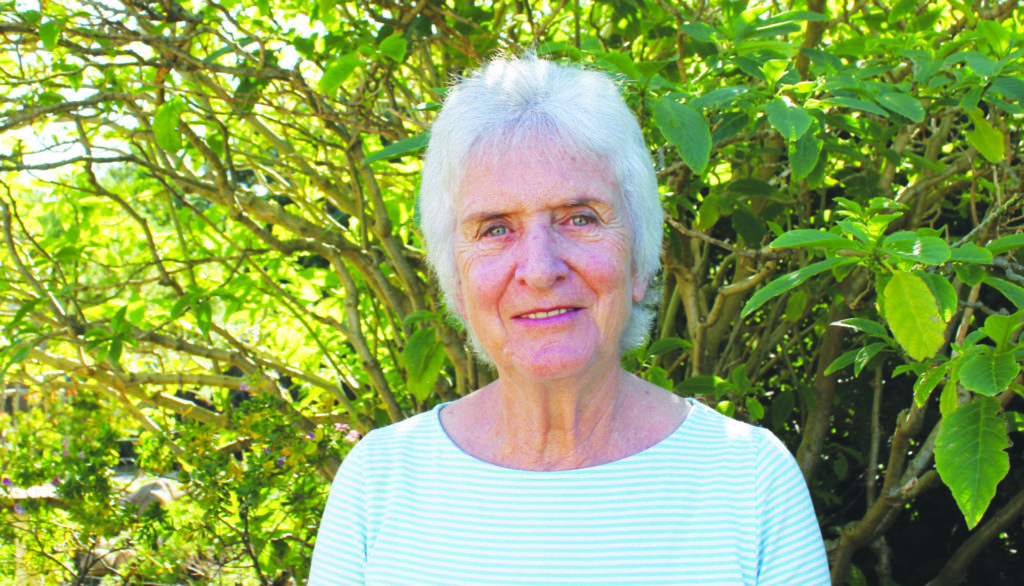heading
2019: Dr Jackie King
Dr Jackie King is named the 2019 Stockholm Water Prize Laureate for her game-changing contributions to global river management. She has advanced the scientific understanding of water flows, giving decision-makers methods and tools to assess the full range of costs and benefits when managing or developing river systems.

Dr King began developing her methods as a researcher at the University of Cape Town, funded by South Africa’s Water Research Commission. Later, she and colleagues Dr Cate Brown and Dr Alison Joubert developed them further to create ecosystem models to demonstrate the ecological and social implications of damming and de-watering rivers. This has enabled objective assessment of the negative consequences and associated costs related to water-resource developments, such as hydropower schemes and irrigated crops, compared to the perceived benefits.
“I find it humbling, energizing and very rewarding. I have never sought high-profile jobs but was happy to be a working scientist, free to say what I felt needed to be said. I am delighted that the silent voices of river systems and their dependent people are increasingly being acknowledged. We all lose if rivers become severely degraded due to poorly-informed development and management. It does not have to be like that.” Dr Jackie King
“We all lose if rivers become severely degraded due to poorly-informed development and management. It does not have to be like that.”
Her commitment to raising awareness of the value of rivers and their importance for millions of people has made Dr King highly regarded by academics and water managers globally. In its citation, the Stockholm Water Prize Nominating Committee notes that “Dr Jacqueline King has, through scientific rigour, selfless dedication and effective advocacy, transformed the way we think, talk and work with water as a flow of and for life.”
Dr King’s early work influenced South Africa’s 1998 National Water Act and is increasingly guiding governments and institutions across the globe. First as a researcher and later as a consultant, she has worked in more than 20 countries and with governments of the Mekong, Zambezi, Indus and Okavango River Basins, among others.
Dr King is clear that governments have the right to decide their own path to development. She helps decision-makers understand that healthy river ecosystems are not a luxury, but the basis for sustainable development. By striving to support them by providing transparent and accessible information, Dr King helps them effectively assess their different options.
“Governments developing their water resources understand the potential benefits but not necessarily the costs in terms of degrading rivers. We can now show these ecological and social costs at a similar level of detail to the benefits shown by planners. This is a new kind of information, not available until the last few years, that helps governments better understand the trade-offs involved in development as they decide on their preferred future.” says Dr Jackie King.
“[Showing the ecological and social costs] is a new kind of information that helps governments better understand the trade-offs involved in development as they decide on their preferred future.”
Interview with Jackie King
More about Dr King
Dr King was co-founder of, and Principal Researcher at, the Freshwater Research Unit, University of Cape Town, for almost four decades. She is now Extraordinary Professor at the Institute for Water Studies, University of the Western Cape and an independent consultant. As an aquatic ecologist she became influential in the recently-established field of Environmental Flows.
Dr King’s work has been recognized with both the Gold and Silver Medals from the Southern African Society of Aquatic Scientists and with South Africa’s “Women in Water” Award in the research category. She was also the 2016 recipient of WWF-South Africa’s “Living Planet Award”.
Her academic work includes over 100 refereed items in books, international journals and conference proceedings.